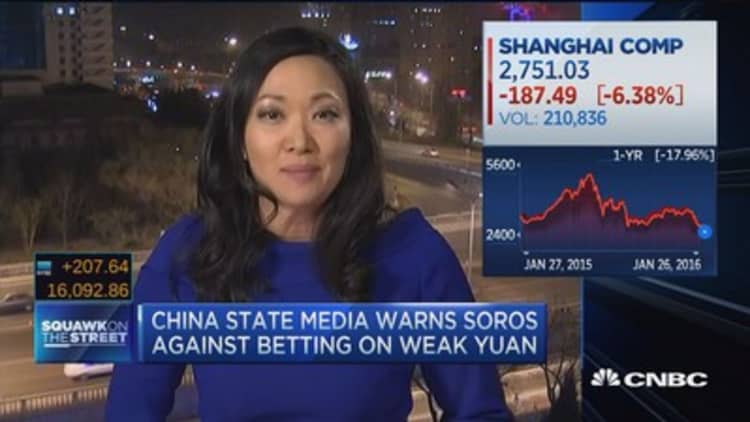A recovery in oil prices pushed the dollar higher against the yen and euro on Tuesday, but it fell overall as sterling rose and the oil-linked gained.
With crude oil prices near their lowest in 13 years, senior officials of the Organization of the Petroleum Exporting Countries renewed calls for rival producers to cut supply alongside its members.
That helped push oil prices further above $30 a barrel as markets hoped OPEC and Russia could be getting closer to a deal to reduce the supply of crude in the market.
The bounce in oil prices helped improve markets' risk appetite, leading investors to unwind positions in currencies seen as less risky and boosting the dollar.
The dollar gained 0.13 percent against the to 118.43, while the euro was up 0.09 percent at $1.0857.
Both currencies tend to do well during times of financial market stress, since Japan and the euro zone usually run current account surpluses.
The dollar rose to its highest against the Swiss franc since Dec. 3, and last gained 0.55 percent to 1.104 francs.
But oil's rebound also provided major relief to the Canadian dollar, which has been battered in recent weeks.
The dollar fell 1.5 percent against the loonie to C$1.4074, a two-week low.

The increase in risk appetite also encouraged investors to take profits on sterling, which had fallen as low as $1.4171 in European trading. It was last up 0.77 percent at $1.4356.
The dollar index fell 0.31 percent despite positive U.S. economic data showing a surprisingly large boost in consumer confidence and a rise in U.S. home prices. The data went largely unnoticed by markets, because investors are awaiting word from the Federal Reserve on interest rates on Wednesday, said Omer Esiner, chief market analyst at Commonwealth Foreign Exchange in Washington.
"The fact that the U.S. continues to perform relatively well is certainly good news," said Esiner, "but the real concern and the real story is going to be what's going on in the global economy and how the Fed characterizes that with respect to their outlook."
Investors will be studying the U.S central bank's message on Wednesday to determine what, if any, effect volatile global markets, plummeting oil prices and heightened fears of a Chinese slowdown will have on the Fed's previously stated intentions to continue raising interest rates this year.
Markets are pricing in just one rate increase this year, compared with the Fed's rate path, which suggested at least four hikes back in December.


